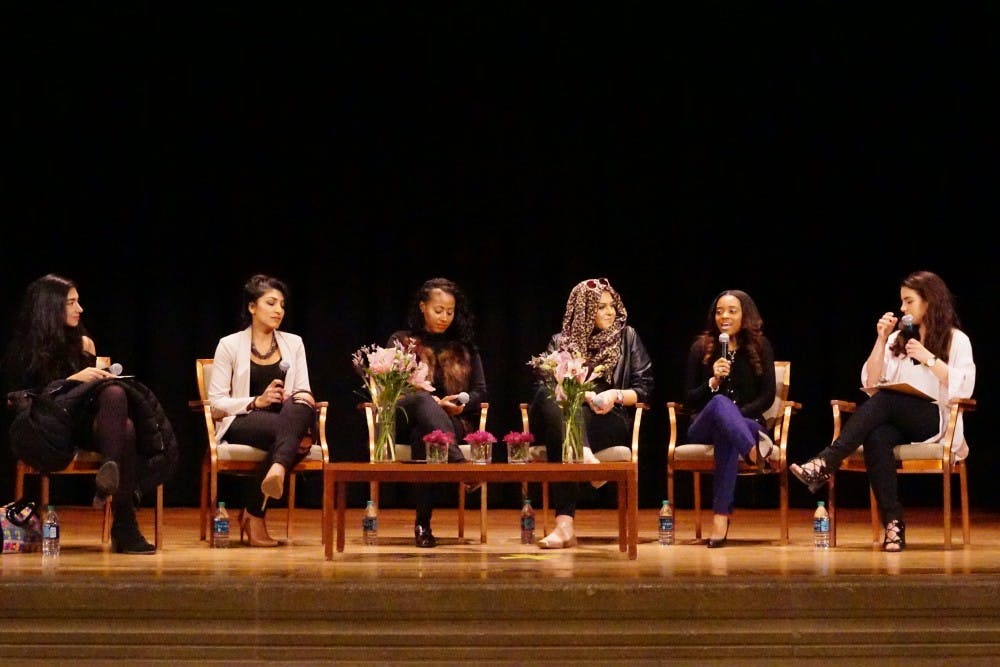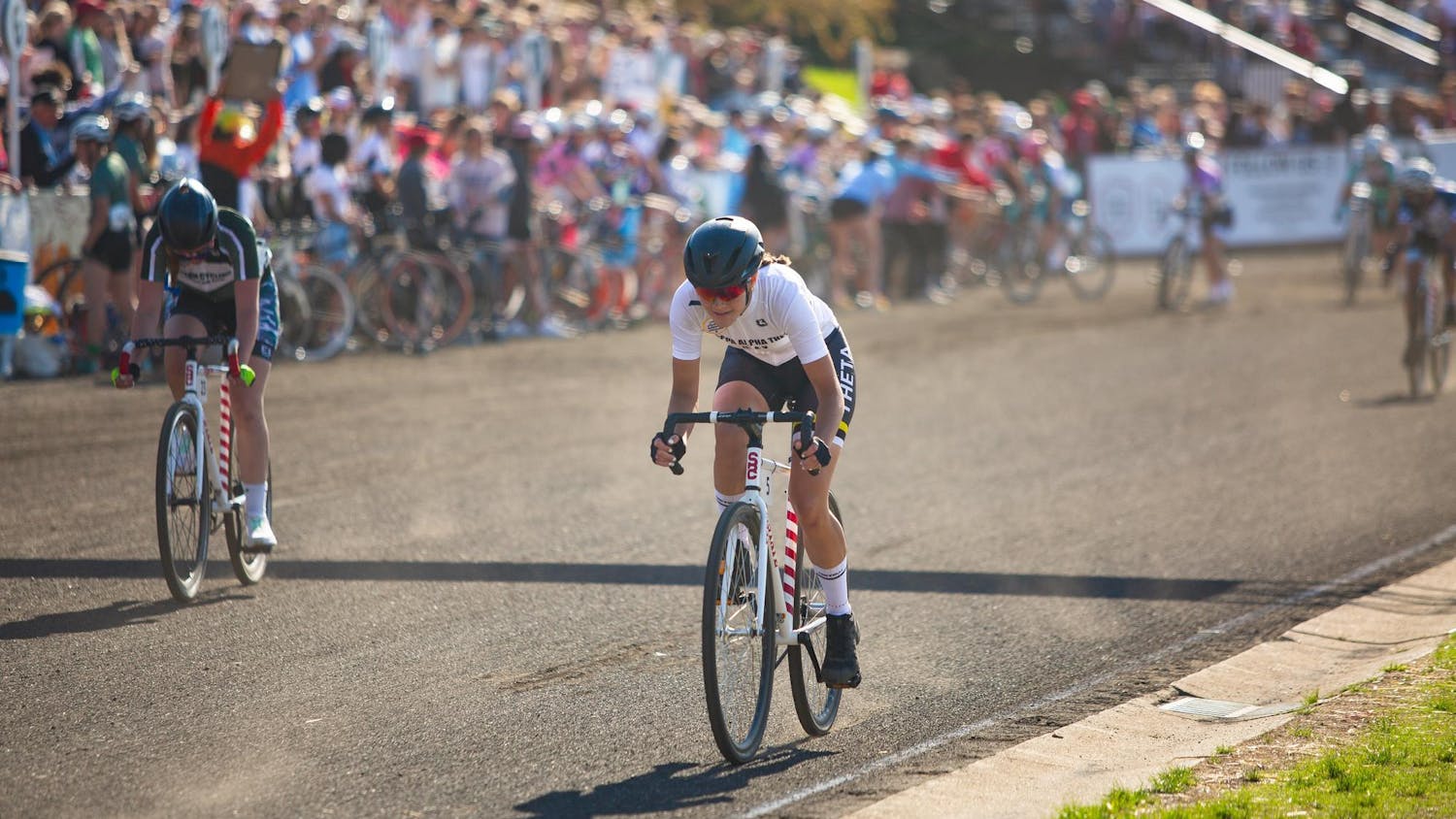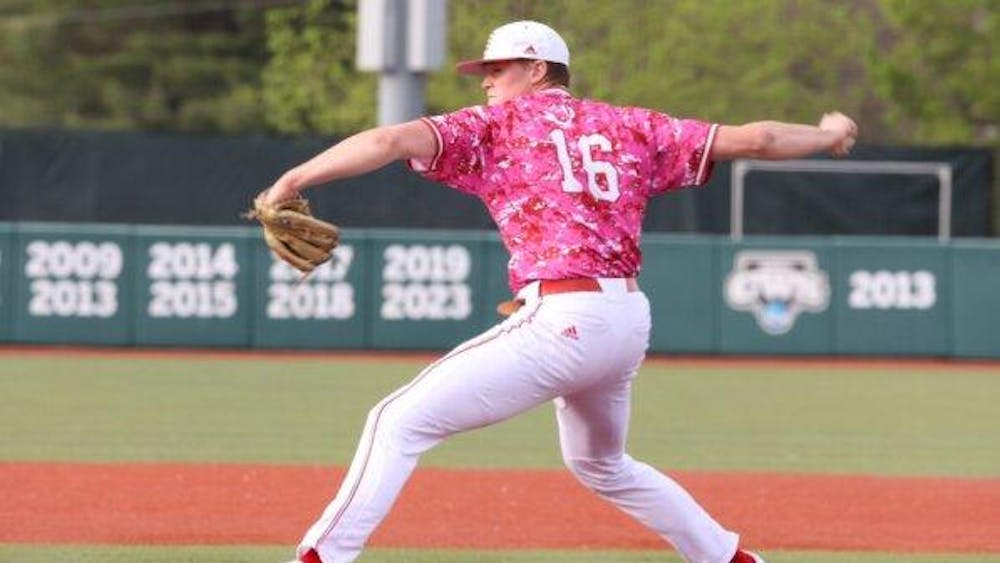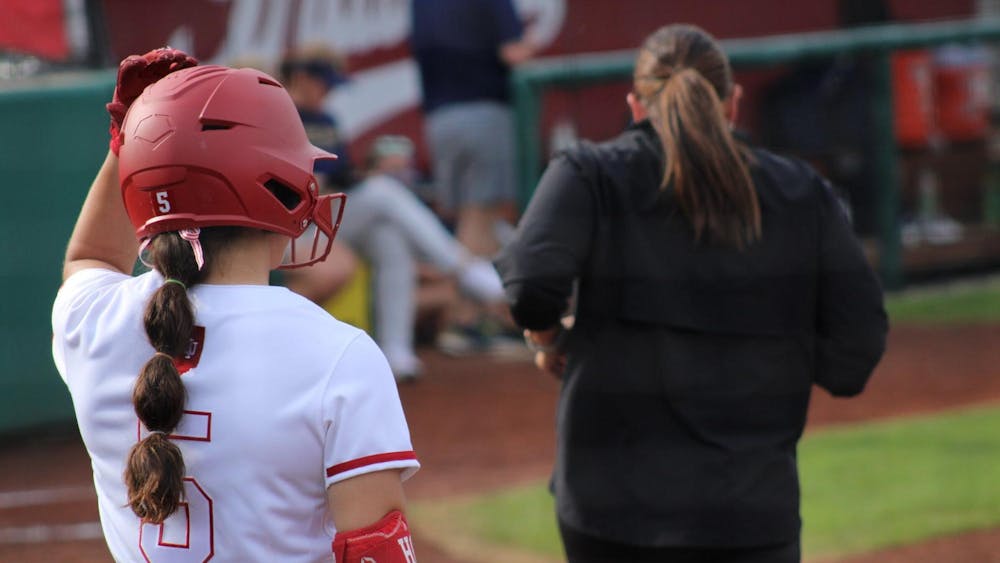When other girls were going to ballet classes, Tamika Mallory said her parents were dragging her to rallies where she would give speeches.
“It was annoying at first, but as I got older I started to appreciate my parents,” she said.
Mallory was the co-chair of the Women’s March on Washington and she worked on campaigns for women’s rights, gun violence, police brutality and more with the Obama Administration. She was one of five women who spoke about their experiences with activism Monday evening in Alumni Hall as part of this semester’s Themester topic of diversity.
Each woman represented a different field of activism: social justice reform, youth development, Islamaphobia and women’s rights.
The discussion was organized by the Union Board Committee for Speakers and Lectures. Though the panel members started 20 minutes late, the small audience spent the time chatting animatedly about the event.
“Even though it is a small turnout, it is an important turnout. Activism is a polarizing term,” junior Yasmine Raouf, the director of the committee, said. “For me activism means I am in my community. I am doing important work. I want that to be the main take away from this event, and I think each of our women can speak to that.”
Raouf kicked off the conversation by introducing each of the speakers and the moderator, senior Dana Khabbaz, an IU senior. She thanked Union Board for supporting the event and passed the mic to each of the panelists for more personal introductions.
The panelists were Amani Al-Khatahtbeh, author and founder of muslimgirl.com; Jamira Burley, a community impact strategist; Tamika D. Mallory; Priya Shah, founder of the Simple Good; and Shiza Shahid, co-founder and CEO of the Malala Fund and social entrepreneur.
The discourse began with the panelists describing the what the meaning for activism was for each of them.
Shiza Shahid was the first to answer. She said she grew up discussing politics and issues of activism, but when she moved she was frequently taken aside and told not to discuss such topics in public or at work. She came to a decision.
“Let me focus on being an entrepreneur and making businesses succeed, I will put aside the activist, but in this last election it became cool to be an activist," Shahid said. "I think people found, in the words of Plato, if you do not speak up for yourselves you will find yourself governed by your inferiors."
The other panelists had similar stories. Burley came from a low-income neighborhood and when her sibling died, she said the rose-colored glasses fell off. She became an activist. Al-Khatahtbeh spoke about her life experiencing discrimination for being Muslim, and her fight as an activist.
Mallory shared how her son’s father had been shot and killed and how she joined a group of single moms raising children while the fathers were incarcerated or dead. Mallory said if someone doesn’t feel a tightness in their gut, if they do not question their actions, they are not doing it right. Mallory said activism is a beautiful and difficult thing.
Before opening the floor for questioning and ending the panel, each panelist said how they were trying to be an activist and how they recommended others promote their activism: through entrepreneurship, stewardship and personal talents.






